950+
Organizations use Psylaris products
7500+
Therapists use our software worldwide
100.000+
Completed sessions with our applications
For many people, the train is a daily means of transport to work or school. For them, it can therefore be difficult to imagine that there are people who are afraid of trains. And then it's not just a regular fear, but such a fear that it has become a phobia. Fortunately, something can be done about this with the right treatments.
A fear of trains, also known as a train phobia, means that you will not easily step into a train. A fear of trains can manifest itself inside a train, but also outside the train at, for example, the station. There are people who find not only the train scary, but also the height of the platform. The fear is then mainly of falling off the platform or even being pushed. In a train, there is a particular fear of colliding with something or being derailed. The fact that you are in a confined space on a train and cannot just leave is particularly frightening. Therefore, train phobia is very closely related to claustrophobia. Here, too, there is a certain fear of small and enclosed spaces. Train phobia has an official name, namely siderodromophobia.

The symptoms of train phobia are the same as you would expect with claustrophobia. On a train, you will feel trapped and feel as if you cannot leave the space of the train compartment. You can experience heart palpitations, gasping for breath or start to sweat. Trembling with fear or hyperventilation may also occur. Someone with a train phobia will do everything possible to avoid travelling by train. As well as a phobia of trains, you may also suffer from a fear of other means of public transport, such as the metro or tram.
Certain personality traits or heredity can be one of the causes of a train phobia. This is often combined with a bad experience with trains. A bad experience is then often exaggerated, creating a real but often unrealistic fear. Furthermore, all sorts of stories told by others, but also news reports, can trigger a phobia. This is especially true if you are prone to phobias. Think, for instance, of train accidents or suicides that are in the news. Although the chance of it happening to you is none, you react with fear as if it is sure to happen to you, as soon as you step onto the train.

Phobias and anxieties that control your daily life should be treated by a professional. Different types of therapy are available for this.
Cognitive behavioural therapy aims to change your negative thoughts about trains into more positive ones. You are shown certain facts that you cannot ignore, such as that travelling by train is not dangerous at all and that the risk of a car accident is many times higher. After a few sessions you will look differently at taking the train. You can still find a train a bit scary, but the phobia will have disappeared.
Have you had a really nasty experience on the train and did your phobia arise because of this? Then this can be seen as a trauma. You must then work on processing the trauma. This can be done with EMDR therapy. During the session, you have to recall the event over and over again, which can be quite intense. The feelings and thoughts at that moment also come up again. The trick with EMDR lies in the fact that, at the moment of recollection, you are distracted by a hand gesture or an acoustic signal. How exactly this works in the brain is not yet known, but it has been scientifically proven that it works. It seems that by being distracted every time, you can better 'store and retrieve' the trauma and lessen the emotions attached. When you have given the trauma a place to stay, the phobia often disappears as well.
Exposure therapy is nothing more than exposure therapy. You literally go into the train, but of course under professional supervision. By repeatedly coming into contact with a train, you will get used to it and also see that fear of trains was actually always unfounded.
Various treatments in the mental healthcare, and especially those aimed at combating fears and phobias, can be handled much more efficiently and quickly. For example, EMDR can also take place from home and the client does not even have to leave the house to receive treatment. Psylaris has developed a professional platform for this: EMDR-Remote. A session can take place via image calling and the practitioner has many more digital options online to distract the client.
Exposure therapy can also be much more efficient and Psylaris has developed various virtual reality modules for this purpose. The VR glasses are the basis, allowing the client to fully immerse themselves in the situation they are afraid of. In this case, the client sits in a virtual train compartment. Because virtual reality appears lifelike, costs and time are saved. So the practitioner and client do not have to actually travel by train; the train journey can already be made on the treatment couch with VR glasses on.
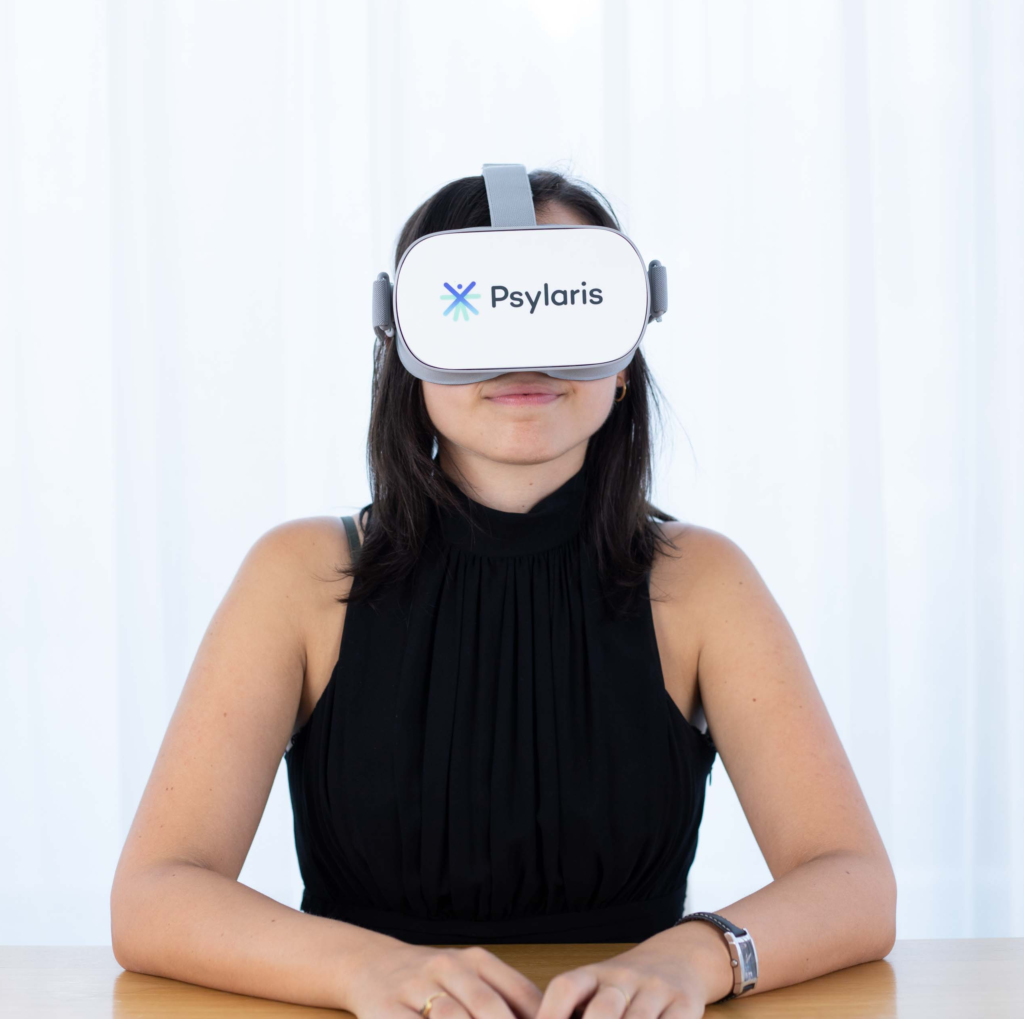
The goal of Psylaris is to support therapists even better with innovative techniques and tools. Virtual reality plays a leading role in this. With EMDR-VR and EMDR-plus an EMDR treatment is possible using virtual reality. The practitioner can use distraction tasks even better and the client can also be treated remotely. Virtual reality is ideally suited for exposure therapy. The client is confronted with his/her fears. It is no longer necessary to visit a physical location, such as an elevator in case of elevator fear or a shopping mall in case of agoraphobia. With the VR glasses on, the client is confronted with the fear in the safe environment of the treatment room or his/her home. Psylaris has developed modules for various types of fears that require exposure therapy. This saves costs and time, and the client can be treated more frequently, which results in a faster recovery.
We believe with the combination of intelligent software and qualified therapists we can develop a system in which everyone, anytime and anywhere has direct access to efficient and affordable psychological care.
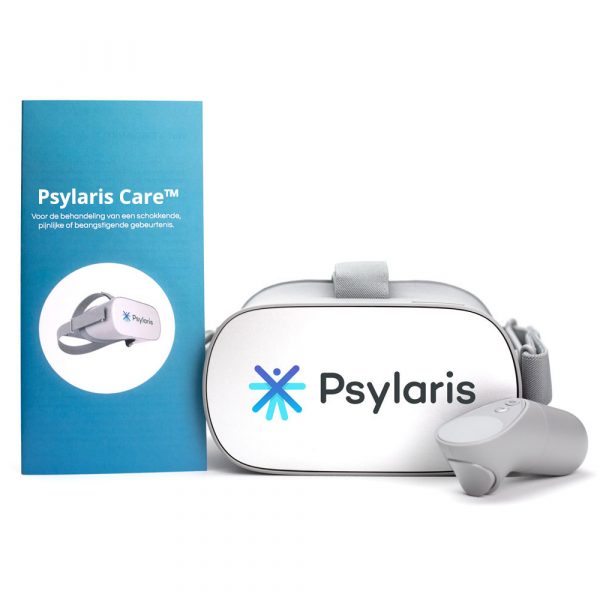
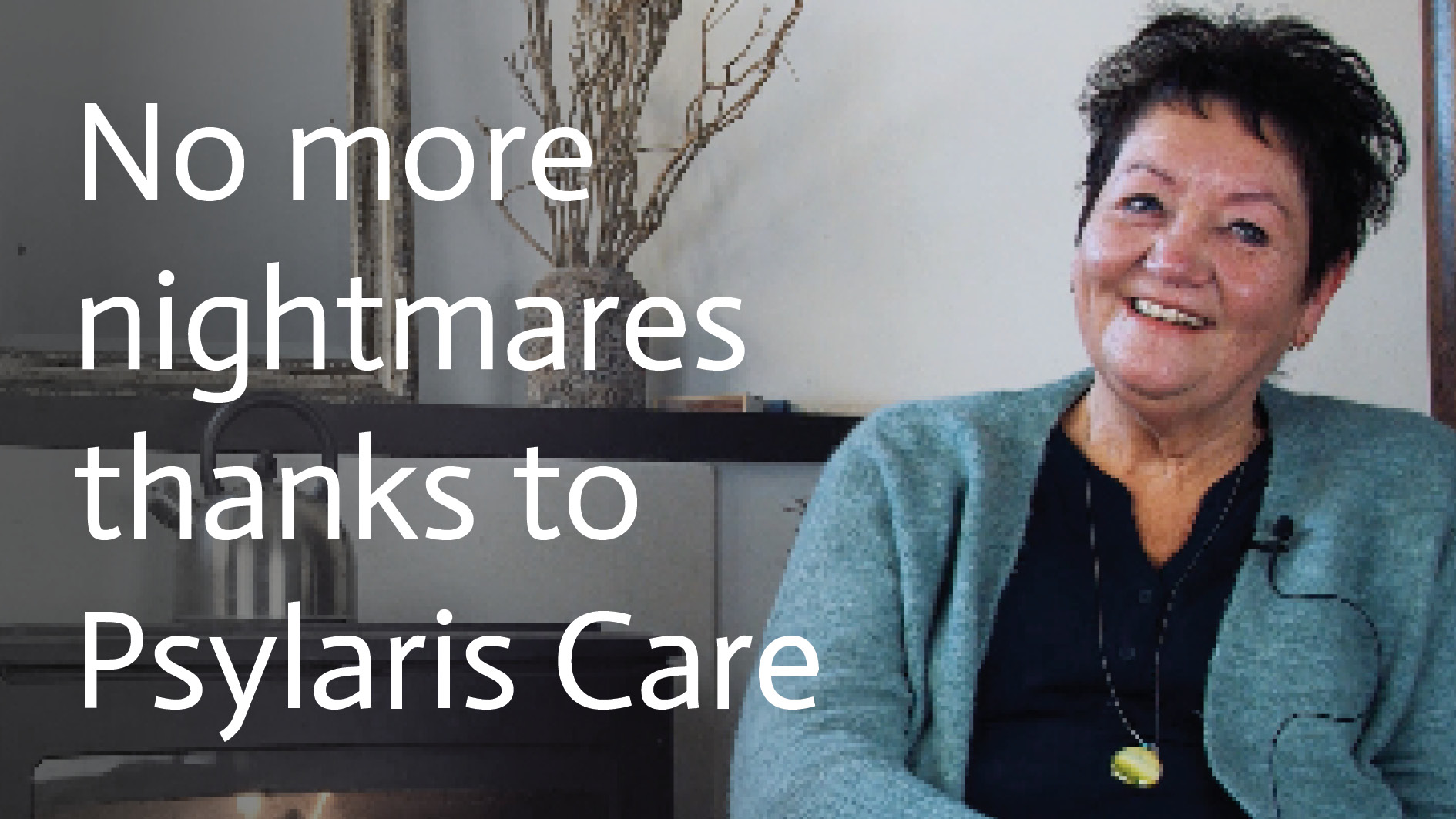
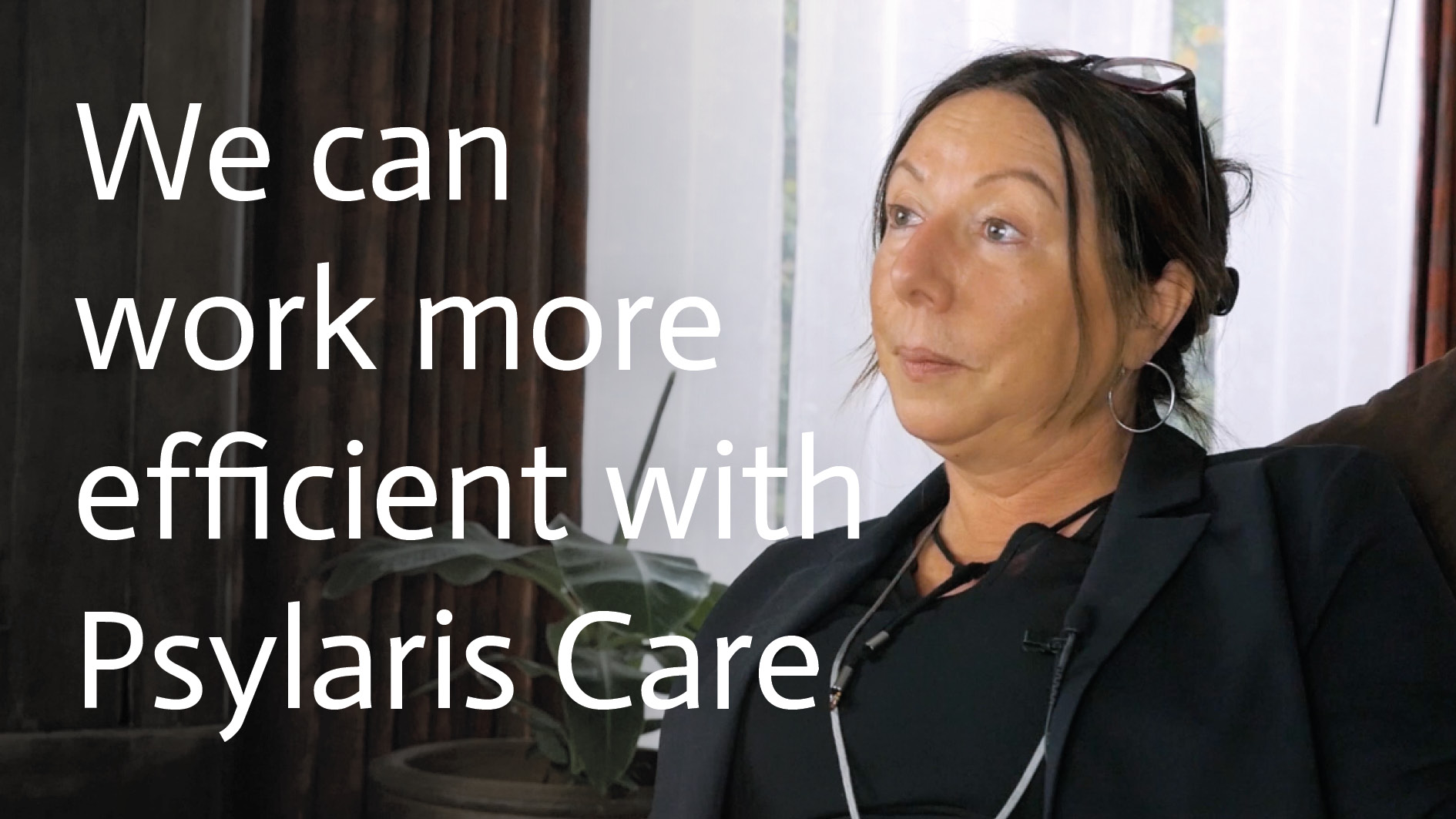
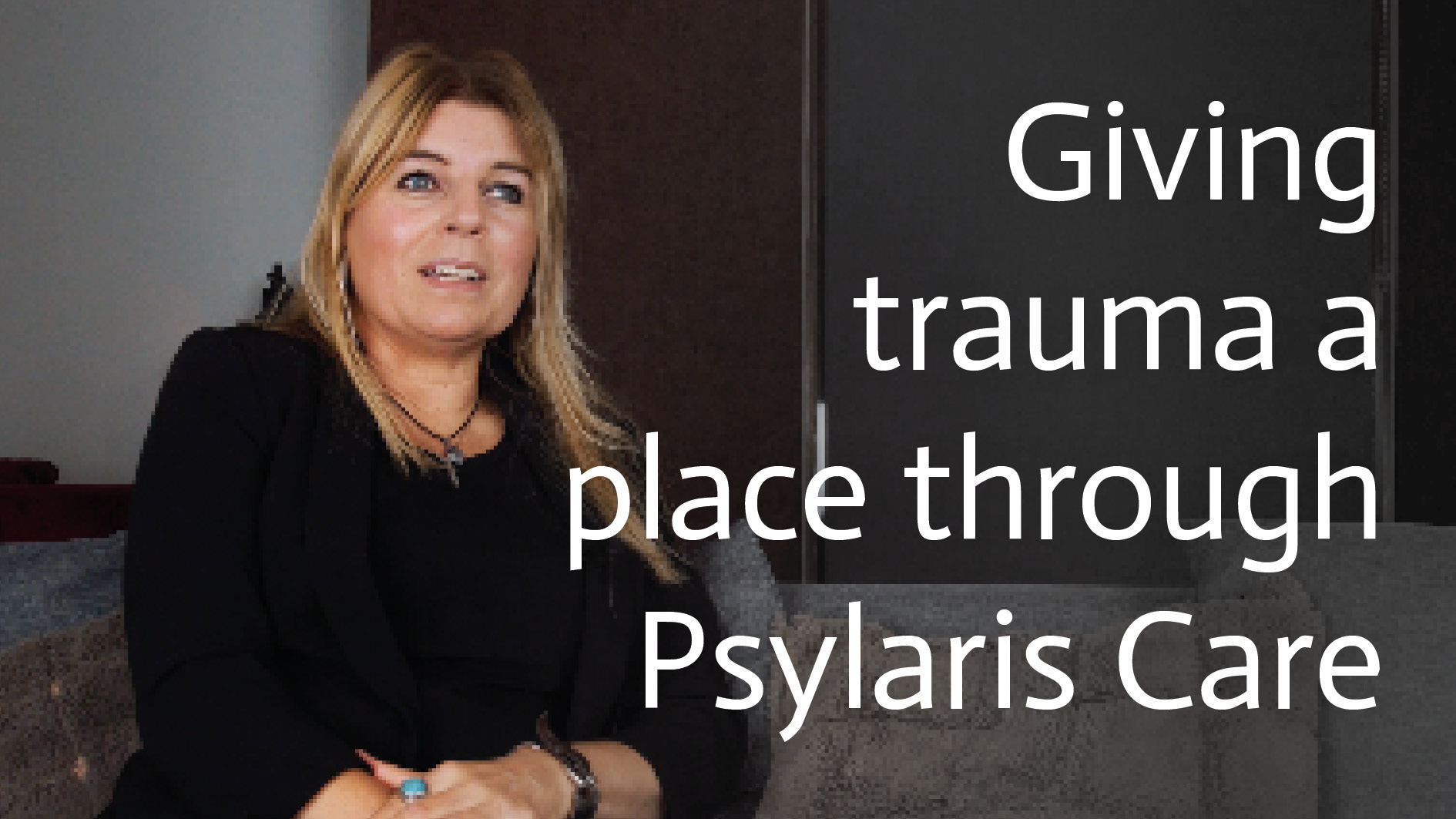
This website uses cookies to ensure that you get the best experience on our website.